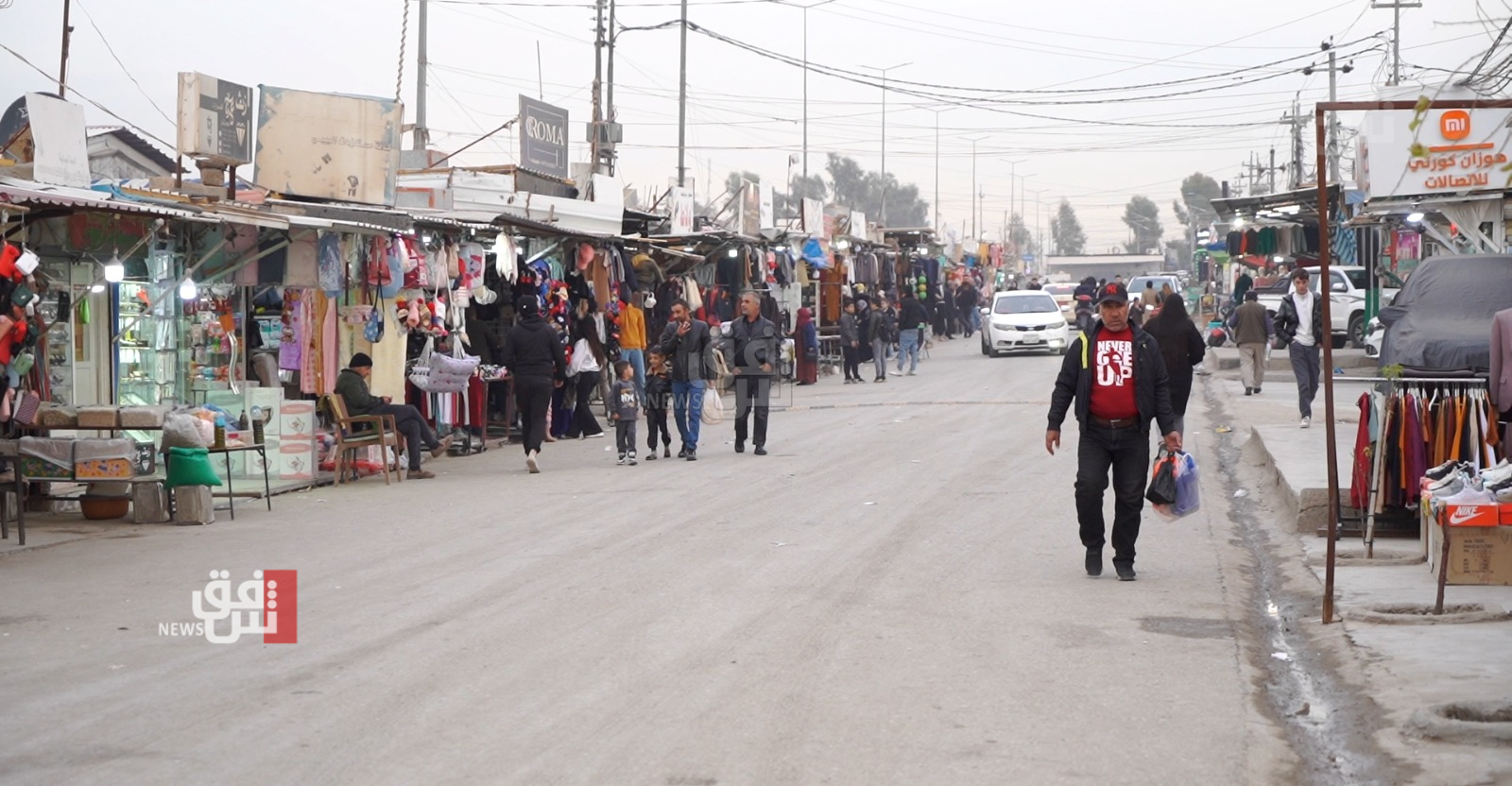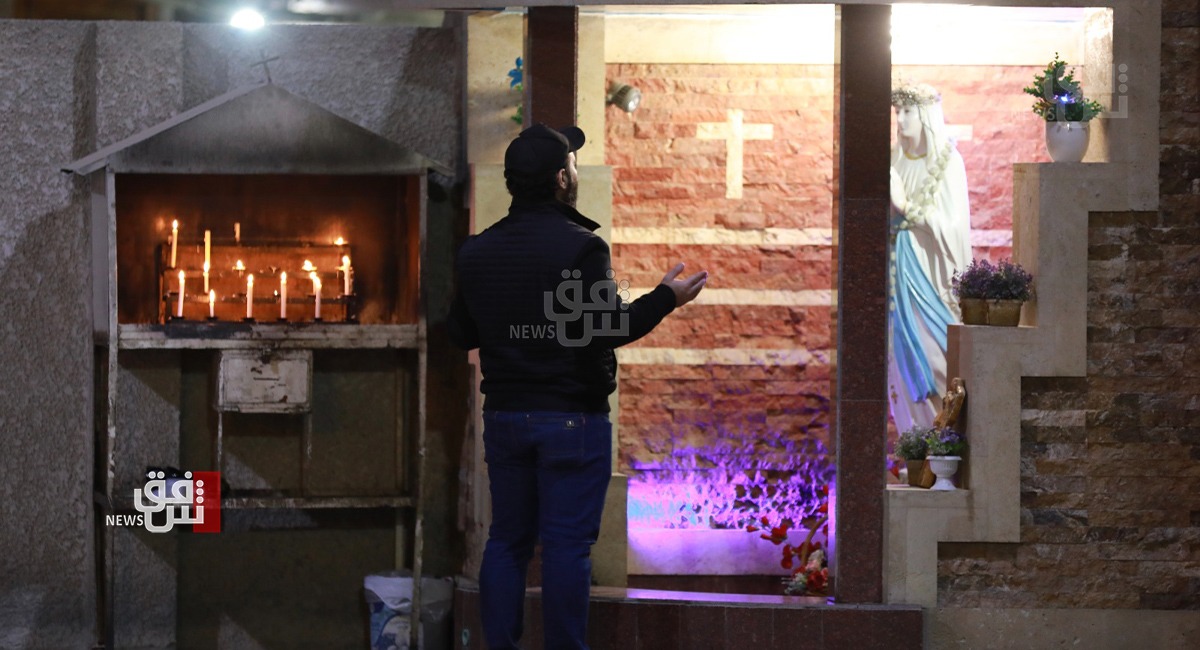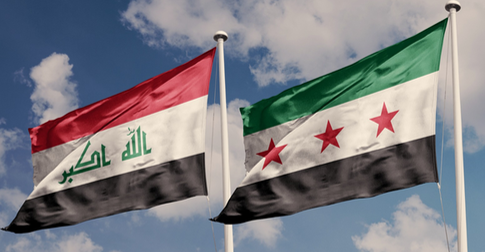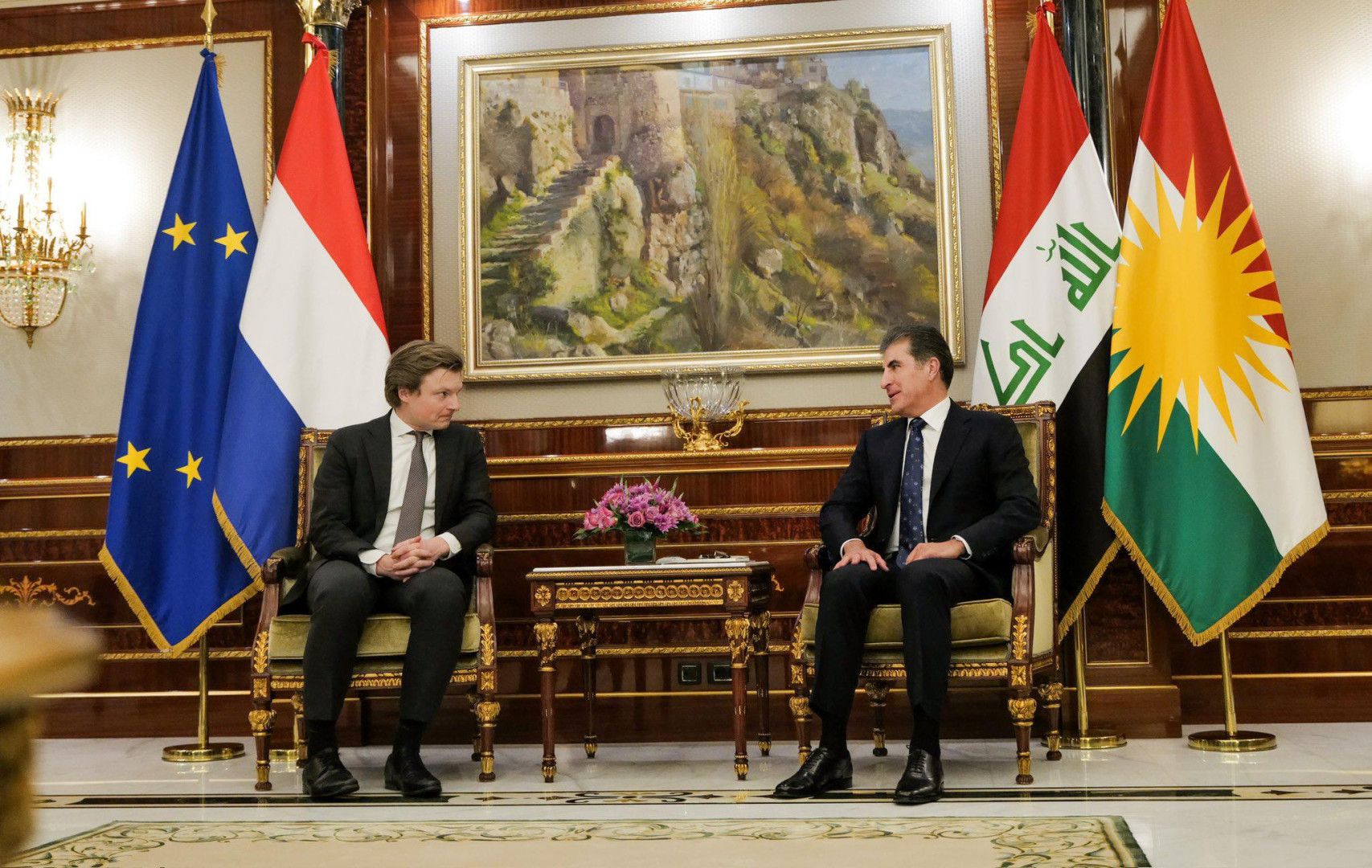Iraq's Sunni divide: High stakes as parliament prepares for speaker election
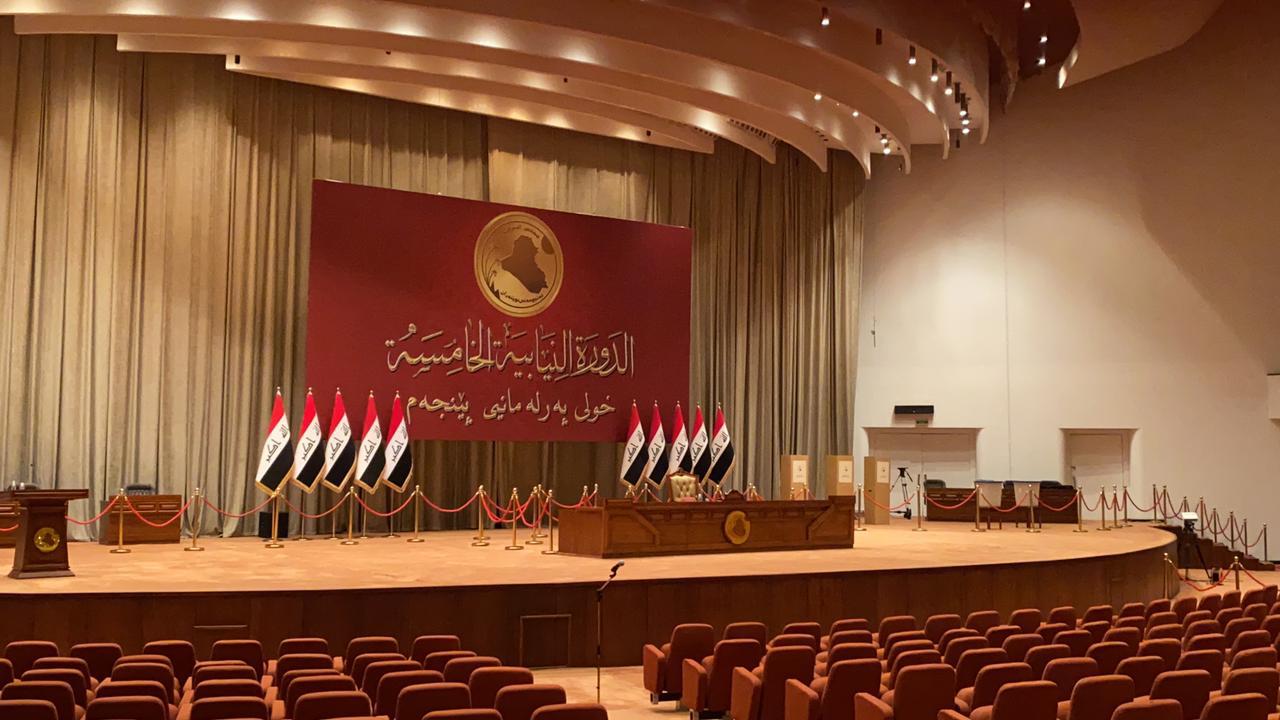
Shafaq News/ Despite several parliamentary sessions to elect a new parliament speaker, political factions in Iraq have yet to reach a consensus.
The Taqadum bloc, led by Mohammed al-Halbousi, insists on retaining the position as its entitlement. In contrast, Al-Siyada bloc, headed by Khamis al-Khanjar, argues that the seat should represent the entire Sunni community rather than a single party.
The Iraqi Parliament is set to convene a special session on Thursday to elect a new speaker to succeed al-Halbousi, whose term ended nearly a year ago. However, Sunni politicians believe that the internal divisions within their bloc will not be resolved with this election; instead, they may deepen due to the absence of a unifying figure.
"The Sunni bloc is currently in a fractured and marginalized state, largely attributed to the lack of a parliamentary leader," said Azzam Al-Hamadani, a member of Al-Azm Alliance, noting that many Sunni leaders are influenced by external parties, including Shiite and Kurdish groups, as well as by Iran and Turkiye.
Al-Hamadani explained that some factions rely on external support due to their inability to secure a simple majority, needing backing from Shiite and Kurdish coalitions to achieve the necessary votes.
While the majority of the Sunni political bloc supports the election of a new speaker, there may be abstentions due to differing conditions surrounding the nomination process.
Escalating Disagreements
Sunni disagreements have intensified recently due to "internal and external interventions," according to politician Mazahim al-Huwait. He emphasized that internal issues can be resolved, with a majority—including the Coordination Framework—supporting Mahmoud al-Mashhadani's nomination for the parliamentary speaker position. Al-Huwait argued that nominations should exclusively go through al-Halbousi, as he commands the largest bloc and lacks external support.
He warned that selecting a new speaker would not eliminate the divisions within the Sunni bloc. Instead, these disagreements are likely to intensify as elections approach, fueled by the absence of a unifying force among Sunni leaders, who are aligned with various countries, including Qatar, Saudi Arabia, the US, the UK, Iran, Gulf states, and even China.
Intensifying Internal Conflict
According to independent politician Mohannad al-Rawi, "The internal divisions within the Sunni bloc are more intense and complex than those in the Shiite or Kurdish blocs," noting that "past sessions to elect a parliamentary speaker have often devolved into physical altercations, indicating deep-rooted conflicts." Al-Rawi expressed that the struggle between the Taqadum bloc and its rivals has reached a critical point, leading to losses for all involved.
He also highlighted the significant role of the Shiite bloc, represented by the Coordination Framework, which holds a majority in the House of Representatives, arguing that "Taqadum allowed the Coordination Framework to impose its will, leaving the Sunni community dissatisfied with their actions."
Options for Resolving the Stalemate
On October 23, six Sunni factions led by al-Halbousi outlined two pathways to resolve the speaker election following an 11-month deadlock. They confirmed that the first option involves all competing parties withdrawing their candidates and uniting to support al-Mashhadani, who has received backing from the majority within the Sunni parliamentary factions. The second option involves legal procedures within the Parliament to nominate a new candidate from the Sunni political majority, supported by a significant parliamentary majority.


